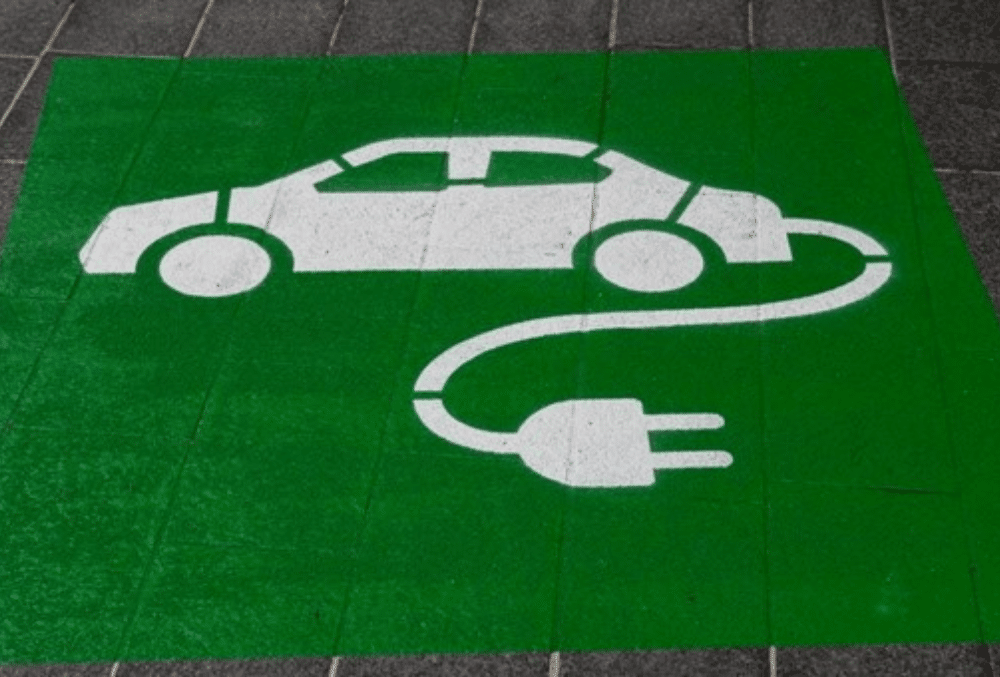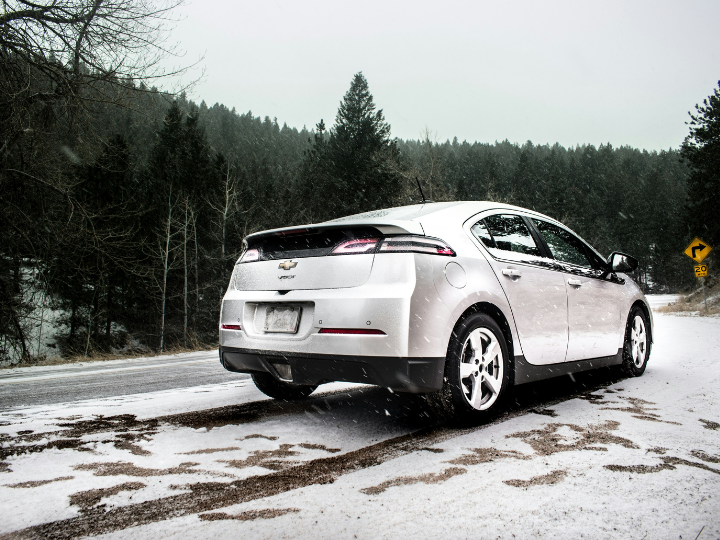What Drivers Should Know Before Switching to an Electric Vehicle
October, 22 2021
If you are thinking about making the switch from your traditional fuel-powered vehicle to an electric car, you are not alone. Sales for electric vehicles are on the rise as more drivers become aware of the benefits these automobiles provide.
What You Should Know Before Switching to an Electric Vehicle
While switching to an electric vehicle is considered an upgrade, there is still a lot to consider before committing to an electric car.
Electric Cars Are Not That Unusual
For many, the thought of driving an electric car seems strange or futuristic. But just because an electric car does not have a traditional engine does not mean it will be strange to drive. Many people enjoy driving their electric cars more than traditional vehicles because there is no lag in turbo and a lot less noise to deal with.
Electric cars can be very nice to drive, and there is minimal difference between most models and conventional vehicles in terms of features, specifications, and overall quality.
While some electric cars are designed to be futuristic, such as the Tesla Model X, a broad range of new electric car models are available to suit each driver’s individual needs.
Is Range a Major Issue With Electric Cars?
One of the main drawbacks owners of electric cars often report is problems with perceived range. Unfortunately, there is no way around this problem. Most of your basic cars that use gasoline will have a greater range than many electric cars. But you should not dismiss owning an electric car just because of the range issue.
If you consider your average daily use for your current vehicle, you likely do not take long 200-mile trips often. Unless you drive a lot more miles than the average driver, your daily or weekly driving is probably within the ideal range of most electric vehicles.
Before you purchase an electric vehicle, you should figure out how much range you require for your everyday driving instead of the range you cover during the rare road trip.
For drivers who would be more comfortable with a more extended range or faster charging electric car, a Tesla car would be your best option. The Tesla Model 3 has become a prevalent model for that reason. It performs well, and the price is not as extreme as you would expect.
What Do I Need To Know About Charging My Electric Vehicle?
Charging your electric vehicle is another crux that is necessary but time-consuming. It takes much more time to charge these vehicles than to fill up your conventional car. Most electric car owners choose to recharge their vehicles at home. All-electric cars can be charged using a standard electric socket. However, depending on the size of the battery, it may take a very long time to charge the vehicle fully. Smaller electric cars like the Honda e or the Mini Electric can charge up overnight using a standard residential socket.
The most common solution for most electric car owners is to have a domestic home charging station installed. It can be costly, but the home charging station can charge your vehicle up to three times faster than a regular electric socket. These home charging stations will work with any electric car model.
Public charging is another option to consider, and while there are not as many public charging ports for electric cars out there, the demand for more public charging options will grow with interest. Still, this is more time-consuming than filling up your car with gasoline, and even the fastest public chargers can take up to 45 minutes or longer to fully charge your battery. Therefore, if you consider purchasing an electric vehicle, we highly suggest installing a home charging station for the best results. It can cost anywhere from $200 up to $1,000 to have a home charging station installed.
How Will Switching to an Electric Car Affect My Insurance Rates?
Electric car insurance tends to be much more expensive than traditional car insurance. These cars have a higher market value and can be more expensive to repair. If you damage your electric car’s battery in a collision, it will cost your insurance company more to replace the battery than if you were driving a conventional car.
Although the insurance rates may be higher, all the usual incentives still apply to electric cars. You will still get discounts for having a good driving record, staying claim-free, or purchasing multiple policies through the same provider.
What Are the Average Insurance Rates for Electric Cars?
Overall, auto insurance premiums for an electric car are not much more expensive than a traditional vehicle. We found that the most affordable electric cars to insure are the Hyundai Ioniq, the Chevrolet Bolt, Kia Soul, Nissan Leaf, and Honda Clarity.
The average annual premium for most electric vehicles ranges between $1,557 up to $3,802 annually. You can get an insurance policy through most auto insurance providers for your electric vehicle. Tesla has recently launched their own insurance policies for their Model 3, Model S, Model X, Model Y, and Roadster Tesla vehicles.
If you decide to purchase an electric vehicle, you can do a few things to help you save on your car insurance premium. You can take advantage of the usual discount programs offered by your insurer, and you can also find out if there are any programs offering rebates to new electric car owners. The recent California Clean Vehicle Rebate Project, for example, will pay rebates up to $4,500 to all California residents who purchased an eligible electric battery automobile. Many insurance providers in Ontario and Alberta will offer a 5% discount on insurance policies for both hybrid and all-electric vehicles.
For more information on upgrading to an electric vehicle, contact our experts here at Duliban Insurance today. We will be happy to address any concerns and answer any questions you may have.












